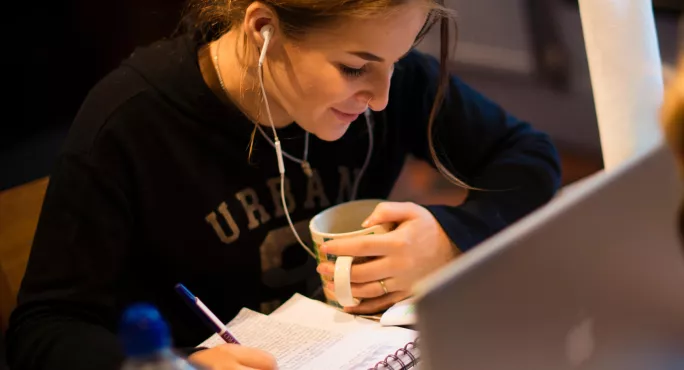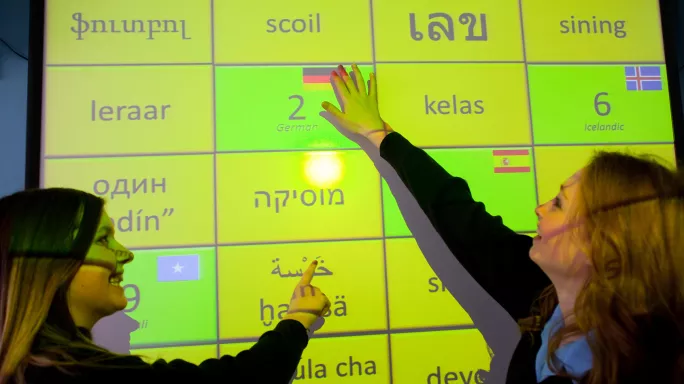Getting students to revise effectively for their GCSEs is a challenge at the best of times.
It’s tough to reject the lure of phones, social media and video games in favour of sitting in a quiet room, going over things they think they already know well enough.
And the problem can be compounded when it comes to MFL, where parents are often unable to help and curriculum time is increasingly squeezed.
Quick read: GCSEs: can classical music really boost revision?
Quick listen: GCSE revision: a guide to what works best
Want to know more? Are GCSE reforms really behind increased exam stress?
To help make revision more accessible and meaningful for our students, we decided to revisit our schemes of learning over the two-year course.
Rejigging GCSEs
First up, we decided that no new language content would be taught after Christmas of Year 11. From this stage, everything we do in lessons is revision and examination skills preparation.
We created a week-by-week revision schedule for students, detailing the language and topics that they should be revising at home (complemented by our in-class revision schedule).
The benefits of this are two-fold: it makes the revision seem much more doable and serves to remind them that this is their work and no one else can do it for them.
As we all know, revision needs to be active. Students also need to be clear on exactly what they are revising and which skill(s) they are practising.
We cut down on the after-school revision sessions; they are no replacement for active, independent study at students’ own pace.
You can help your students to take ownership by reminding them that, when it comes to MFL revision, there are lots of ways to keep things interesting and active. Here are a few of our favourites:
Record revision
Students record themselves on their phones talking for 30 seconds on a topic and listen back to it and check their accent and pronunciation.
Watch foreign films
Get them to put the subtitles on in the target language for an extra level of challenge.
Listen to music
Students can search for current music in the charts from France, Spain, Germany (not ones sung in English though!)
Explore current affairs
Get your students to read and listen to news articles online; I recommend News in Slow French and News in Slow Spanish.
Conjugate quickly
For a quick, regular MFL boost, get students into the habit of conjugating verbs while brushing their teeth in the morning and evening (in their heads, obviously!).
Label and look
Placing key vocabulary around the house on Post-Its and labelling furniture and objects in the target language offers helpful reminders even between revision sessions.
In the current landscape, where maths and English are top of the heap, students’ time will inevitably be stretched, and that can mean that MFL loses out. But we have to be sensible here.
We can’t fight over students’ time and, at the end of the day, I want my school’s maths department to do well too. Therefore, I shall continue to let students know that it is fine to attend the maths revision, provided that they then go home and remember to spend the 10-15 mins that I’ve planned for them on MFL.
Now, who could say that’s asking too much?
Jennifer Beattie is assistant headteacher at Emerson Park Academy in Essex




